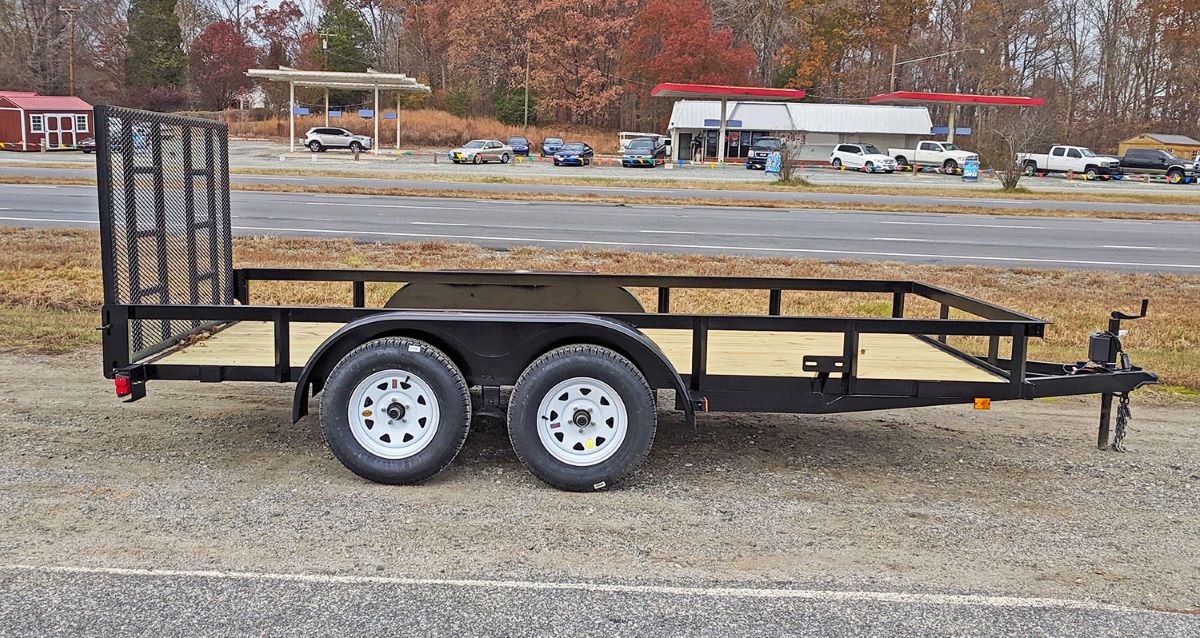

Articles
How To Store A Trailer Outside
Modified: October 27, 2024
Learn how to properly store your trailer outside to protect it from the elements and extend its lifespan. Read our informative articles for helpful tips and advice.
(Many of the links in this article redirect to a specific reviewed product. Your purchase of these products through affiliate links helps to generate commission for Storables.com, at no extra cost. Learn more)
Introduction
Welcome to our comprehensive guide on how to store a trailer outside. Whether you have a travel trailer, utility trailer, or boat trailer, proper storage is vital to keep it in good condition and extend its lifespan. Storing a trailer outside requires careful planning and implementation to protect it from the elements and ensure its security.
Choosing the right storage location, preparing the trailer, covering it, securing it, and performing regular maintenance are essential steps in the storage process. By following these guidelines, you can help prevent damage and maintain the value of your trailer, ultimately saving you time and money on repairs.
In this article, we will take you through each step of storing a trailer outside, offering valuable tips and advice along the way. So, let’s dive in and learn how to properly store your trailer to keep it in optimal condition!
Key Takeaways:
- Choose a secure, accessible, and sheltered location for outdoor trailer storage to protect it from theft and harsh weather, ensuring its longevity and minimizing the need for repairs.
- Properly prepare, cover, secure, and maintain your outdoor-stored trailer to prevent damage, deter theft, and ensure a smooth towing experience, ultimately saving time and money.
Read more: How To Store A Camper Trailer
Choosing the Right Location
When it comes to storing a trailer outside, the location you choose plays a critical role in its overall safety and protection. Here are some factors to consider when selecting the right storage location:
- Accessibility: Look for a location that allows easy access to your trailer. This will make it convenient for you to retrieve the trailer whenever needed.
- Security: Ensure that the storage location provides adequate security measures, such as surveillance cameras, gated access, and on-site staff. This will help deter theft and vandalism.
- Shelter: If possible, choose a location that offers covered or indoor storage. This will provide additional protection against harsh weather conditions, such as rain, snow, and extreme heat.
- Surface: Opt for a storage location with a solid and level surface, such as concrete or asphalt. This will prevent the trailer from sinking into the ground and reduce the risk of damage.
- Proximity: Consider the distance between the storage location and your home. If it is conveniently located nearby, it will be easier for you to monitor and maintain the trailer regularly.
- Local Regulations: Check with local authorities or homeowner associations to ensure that storing a trailer outside is permitted in the chosen location. Some areas may have specific restrictions or regulations regarding trailer storage.
Remember, the chosen location should meet your specific needs and preferences. Take the time to visit and evaluate different options before making a final decision. By choosing the right storage location, you can have peace of mind knowing that your trailer is in a secure and accessible place.
Preparing the Trailer
Before you store your trailer outside, it is essential to properly prepare it to avoid any potential damage and ensure its longevity. Here are some steps to follow when preparing your trailer for storage:
- Clean the trailer: Thoroughly clean the interior and exterior of the trailer to remove any dirt, dust, or debris. Pay attention to the wheels, undercarriage, and hitch area. Use a mild detergent and water to clean, and allow it to dry completely.
- Empty and clean storage compartments: Remove all items from the storage compartments of the trailer. Clean them thoroughly and ensure there are no leftover food items or anything that can attract pests.
- Inspect for damage: Carefully inspect the trailer for any signs of damage, including cracks, leaks, or rust. Address any issues before storing the trailer to prevent further deterioration during the storage period.
- Remove perishable items: Take out all perishable items such as food, beverages, and toiletries. These items can spoil and attract pests if left inside the trailer during storage.
- Empty and clean water tanks: If your trailer has water tanks, drain them completely and flush them out. This will prevent any water from freezing and causing damage to the tanks and plumbing system.
- Disconnect the battery: If your trailer has a battery, disconnect it to prevent drainage during storage. Clean the battery terminals and keep it in a cool, dry place to maintain its lifespan.
- Check the tires: Inspect the tires for any signs of wear or damage. Inflate them to the recommended pressure and consider using tire covers to protect them from the sun’s harmful UV rays.
By following these steps, you will ensure that your trailer is clean, in good condition, and ready for storage. This preparation will help prevent any issues that may arise during the storage period and ensure a smooth start when you retrieve the trailer for future use.
Covering the Trailer
One crucial step in storing a trailer outside is covering it properly to protect it from the elements. Here are some tips to consider when covering your trailer:
- Choose a high-quality cover: Invest in a durable, water-resistant cover specifically designed for trailers. Look for a cover that is UV-resistant to protect your trailer’s paint and finishes from sun damage.
- Measure the trailer: Ensure that you choose a cover that fits your trailer properly. Measure the length, width, and height of your trailer to find the right size. A snug fit will prevent the cover from flapping in the wind, which can cause damage.
- Remove antennas and accessories: If your trailer has any antennas, awnings, or other accessories that can be easily removed, take them off before covering the trailer. This will prevent them from getting damaged or causing the cover to tear.
- Secure the cover: Use straps or bungee cords to secure the cover firmly to the trailer. This will prevent it from blowing off in high winds. Be sure not to overtighten, as this can potentially damage the cover or the trailer.
- Elevate the cover: To prevent moisture buildup and promote airflow, consider using supports or poles to create a dome-like shape over the trailer when covering it. This will allow moisture to evaporate and reduce the risk of mold or mildew forming.
- Inspect the cover regularly: Periodically check the cover for any signs of wear or damage. Repair or replace any damaged areas promptly to ensure continued protection for your trailer.
- Consider climate-specific covers: If you live in an area with extreme weather conditions, such as heavy snow or intense sunlight, look for covers designed specifically for those climates. They will provide extra protection and durability.
Remember, properly covering your trailer will shield it from rain, snow, UV rays, dirt, and other environmental elements. It will help prevent damage and keep your trailer looking its best for years to come.
To store a trailer outside, use a waterproof cover to protect it from the elements. Make sure to secure the cover tightly to prevent it from blowing off in strong winds. Additionally, consider using wheel chocks to prevent the trailer from rolling.
Securing the Trailer
Ensuring the security of your trailer is crucial when storing it outside. Here are some essential tips to help you secure your trailer:
- Lock the hitch: Use a high-quality hitch lock to secure the trailer to your vehicle. This will prevent unauthorized towing attempts and deter potential thieves.
- Invest in a wheel lock: A wheel lock can immobilize the trailer by securing one of the wheels, making it difficult for anyone to move or steal it.
- Install a trailer alarm: Consider installing a trailer alarm system that will sound an alarm if someone attempts to tamper with or move the trailer. This can be a deterrent and provide an extra layer of security.
- Use a coupler lock: A coupler lock prevents the trailer from being connected to another vehicle. This can be a helpful security measure if you leave your trailer unattended for an extended period.
- Secure the trailer with chains: Use high-quality chains to secure your trailer to a fixed object, such as a post or a tree. This adds an additional layer of security and makes it more challenging for thieves to steal the trailer.
- Consider using a GPS tracker: Depending on the value and importance of your trailer, you may want to invest in a GPS tracking device. This will allow you to locate your trailer in the event of theft and assist law enforcement in recovering it.
- Regularly check security measures: Inspect the locks, alarms, and chains regularly to ensure they are in good working condition. Replace any worn-out or damaged security devices promptly.
Taking these security measures will significantly reduce the risk of theft and unauthorized access to your trailer. It’s important to remember that no security measure is entirely foolproof, but employing multiple layers of security will make your trailer a less attractive target for potential thieves.
Regular Maintenance
Performing regular maintenance on your trailer is essential, even when it is stored outside. This will help keep it in good condition and minimize any potential issues that may arise. Here are some maintenance tasks to consider:
- Inspect for damage: Regularly inspect your trailer for any signs of damage, such as cracks, leaks, or rust. Address these issues promptly to prevent further deterioration and more costly repairs.
- Check the tires: Monitor the tire pressure regularly and ensure they are inflated to the manufacturer’s recommended levels. Look for signs of wear or damage and consider rotating the tires periodically to ensure even wear.
- Grease the bearings: Apply grease to the trailer’s wheel bearings at least once a year or as recommended by the manufacturer. Properly lubricated bearings will prevent friction and extend their lifespan.
- Inspect the electrical system: Check the trailer’s electrical components, including the brakes, lights, and wiring. Repair or replace any faulty parts to ensure they are functioning correctly when you need to use the trailer.
- Keep it clean: Regularly clean the trailer to remove dirt, debris, and any corrosive substances that may have accumulated. Use a mild detergent and water, and pay attention to areas prone to rust or oxidation.
- Weatherproof seals and seams: Inspect the seals and seams of your trailer for any signs of wear or damage. Reapply sealant or caulk as necessary to maintain water resistance and prevent leaks.
- Test safety equipment: Check the functionality of safety equipment, such as fire extinguishers, smoke detectors, and carbon monoxide detectors. Replace or recharge them according to the manufacturer’s instructions.
- Perform test runs: If possible, take your trailer for a short test run periodically. This will help ensure that the wheels, brakes, and other mechanical components are in working order.
By incorporating these maintenance tasks into your routine, you can keep your trailer in optimal condition and minimize the risk of unexpected issues when you’re ready to use it again. A well-maintained trailer will provide you with peace of mind and a smoother towing experience.
Conclusion
Storing a trailer outside requires careful planning and implementation to ensure its safety, protection, and longevity. By choosing the right location, preparing the trailer, covering it properly, securing it, and performing regular maintenance, you can effectively store your trailer outside without compromising its condition.
When choosing a storage location, prioritize accessibility, security, and shelter to provide the best protection for your trailer. Preparing the trailer involves cleaning it thoroughly, inspecting for damage, and removing perishable items. Covering the trailer with a high-quality, properly fitting cover will shield it from the elements and prevent damage. Securing the trailer involves using locks, alarms, and chains to deter theft and unauthorized access. Regular maintenance, including inspections, tire checks, and electrical system checks, is essential to keep your trailer in optimal condition.
Remember, investing time and effort in properly storing your trailer outside will pay off in the long run by extending its lifespan and reducing the need for costly repairs. So, follow these guidelines, establish a routine, and enjoy the peace of mind that comes with knowing your trailer is stored safely and will be ready for your next adventure.
Frequently Asked Questions about How To Store A Trailer Outside
Was this page helpful?
At Storables.com, we guarantee accurate and reliable information. Our content, validated by Expert Board Contributors, is crafted following stringent Editorial Policies. We're committed to providing you with well-researched, expert-backed insights for all your informational needs.
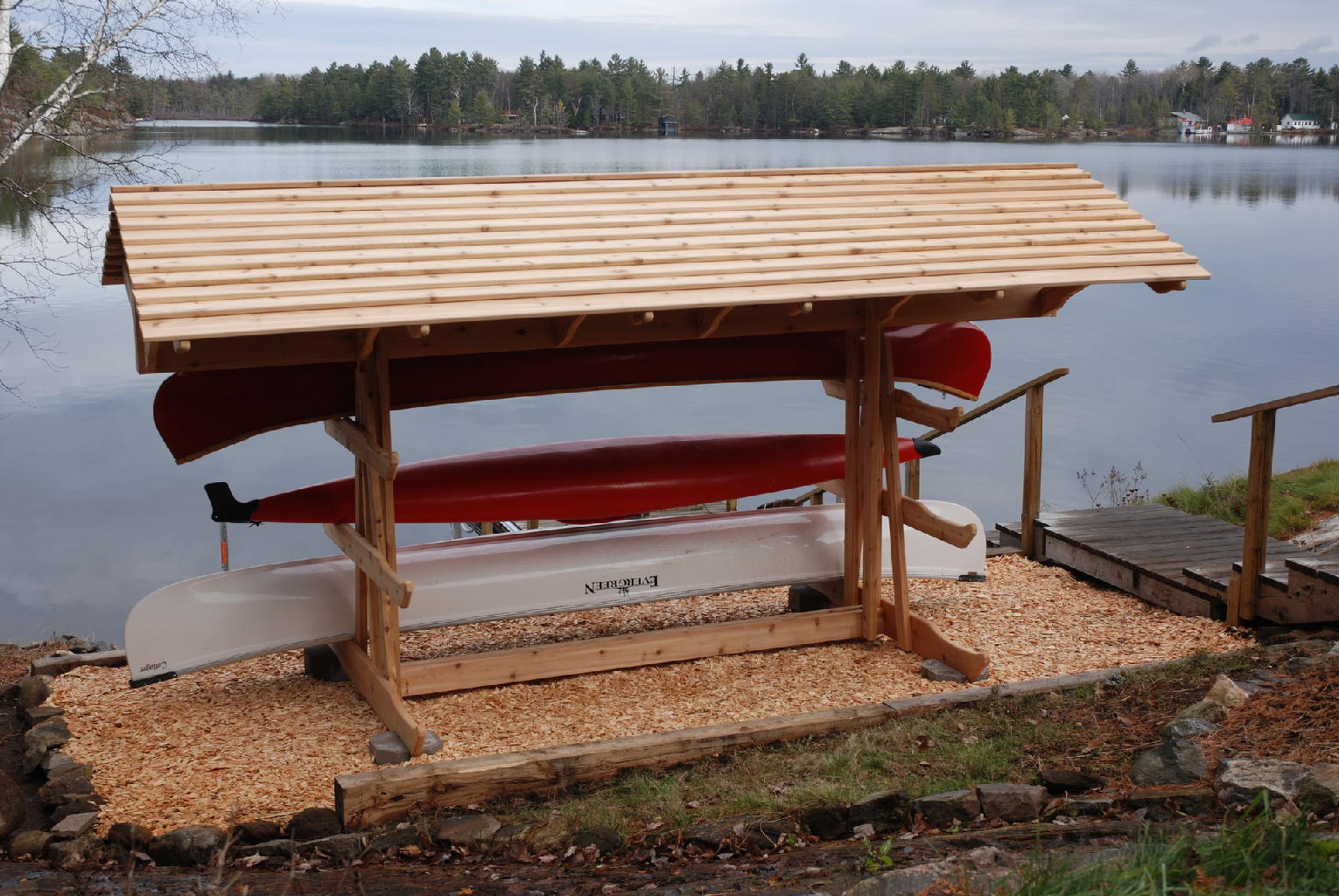
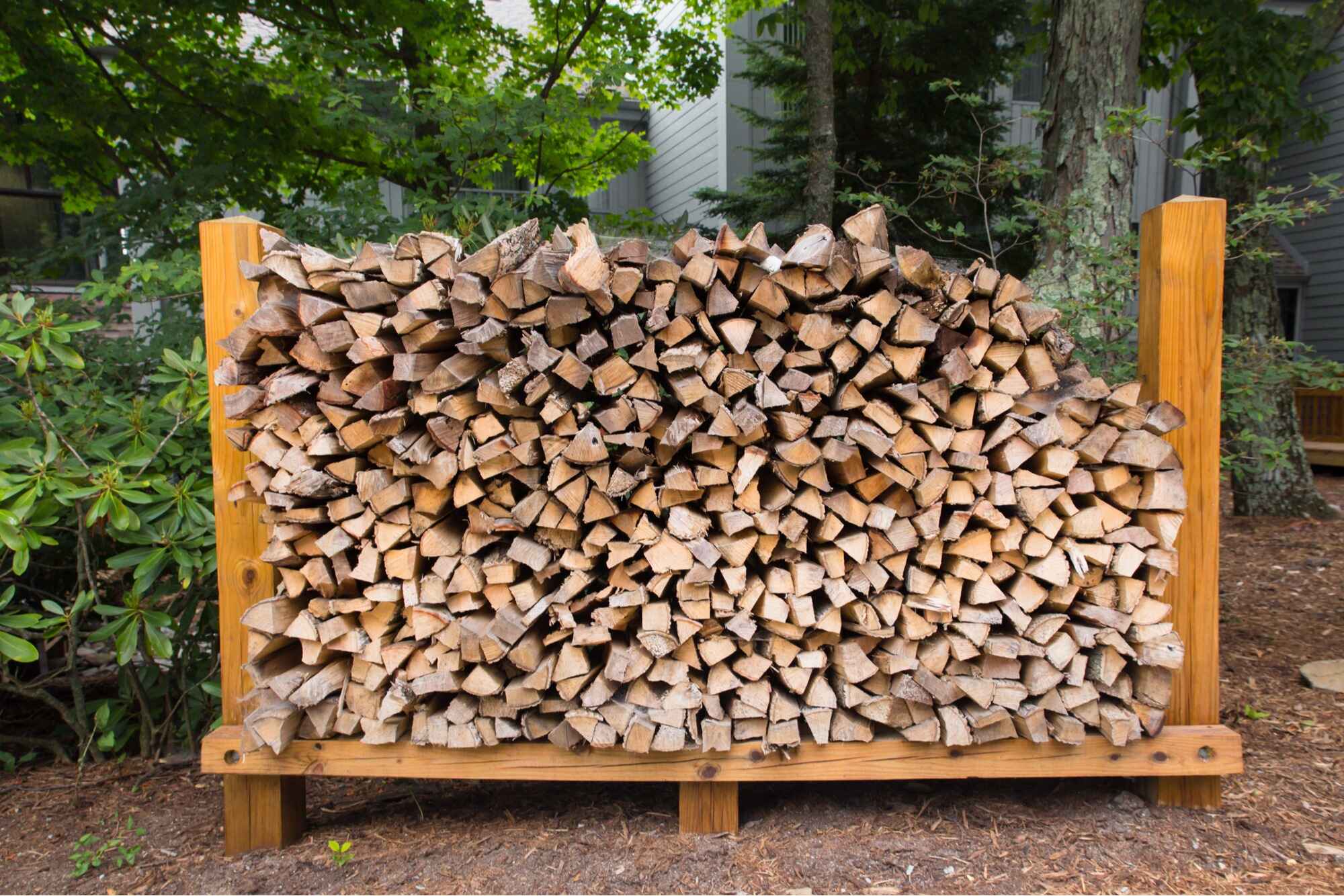
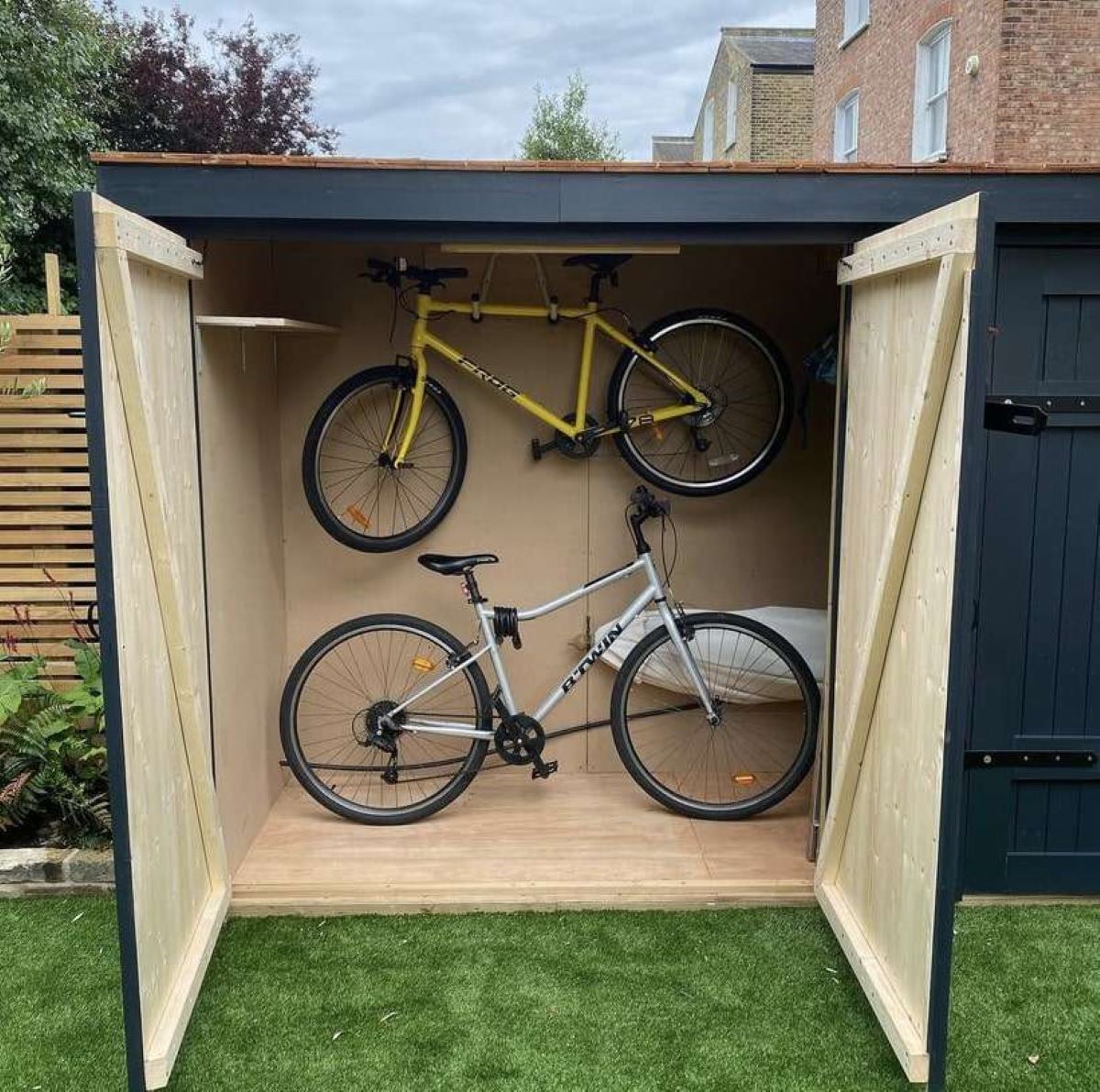
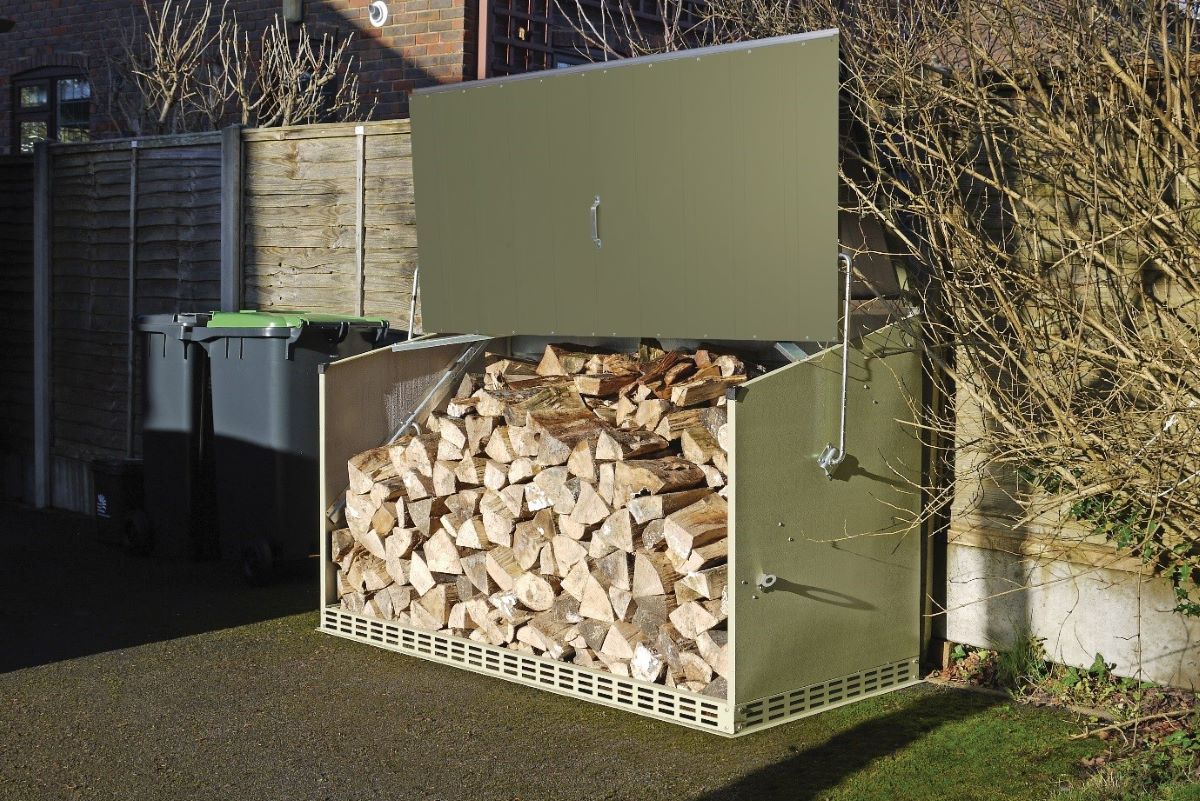
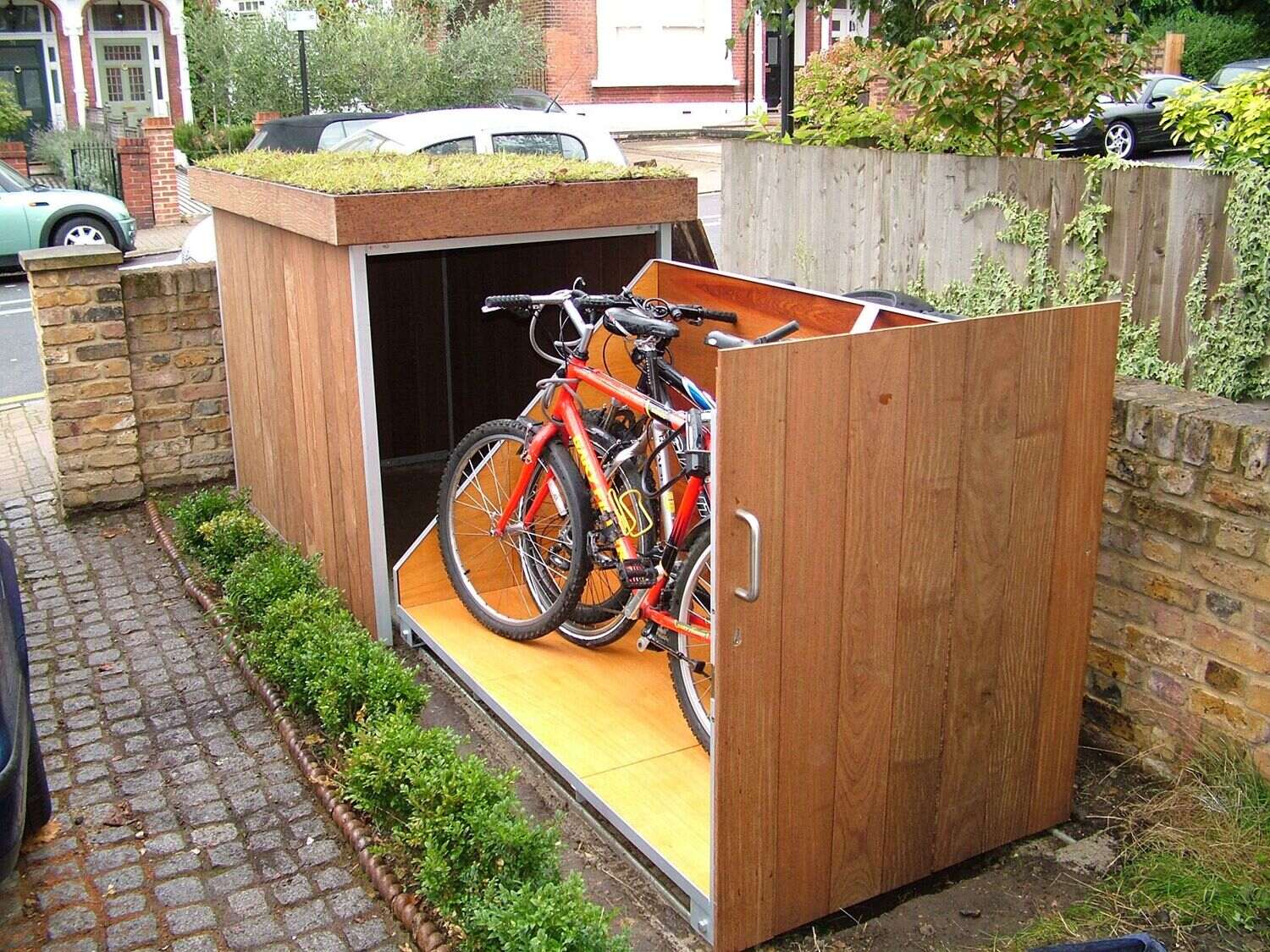
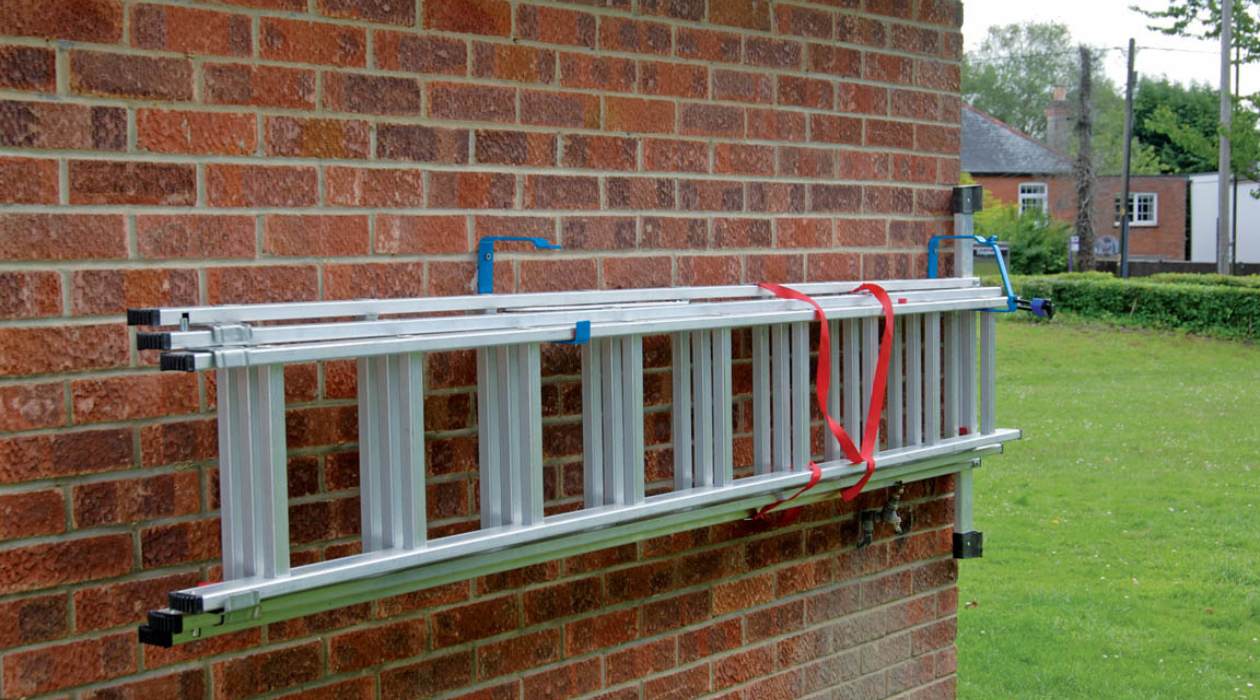
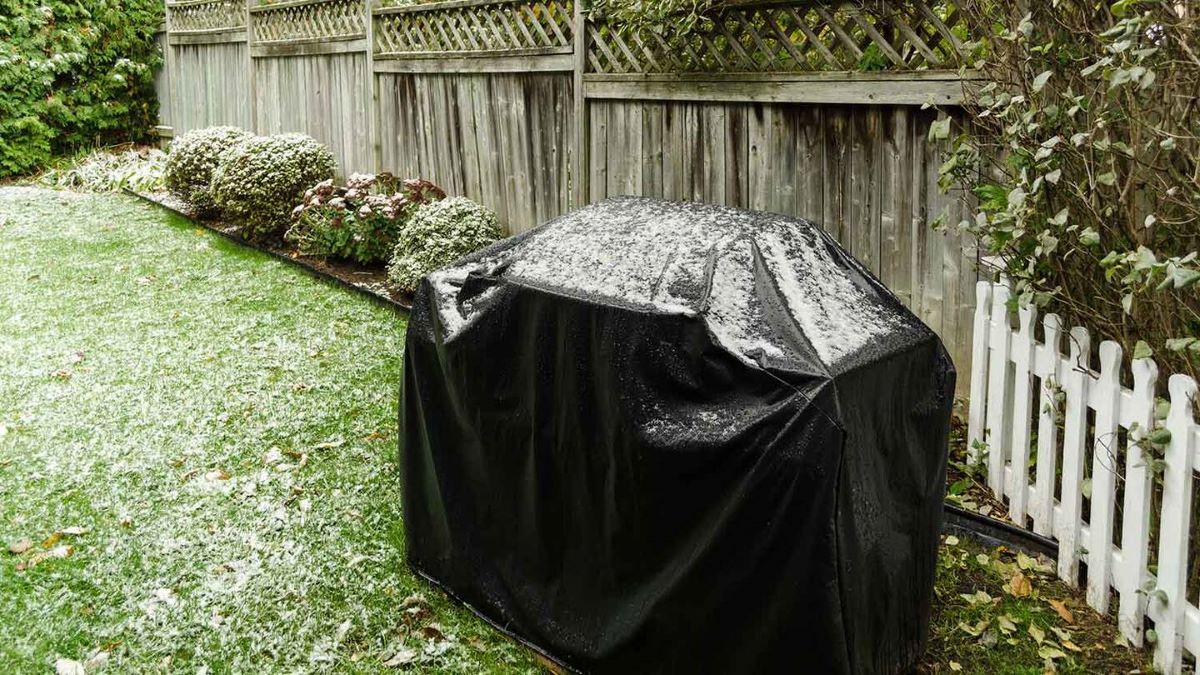
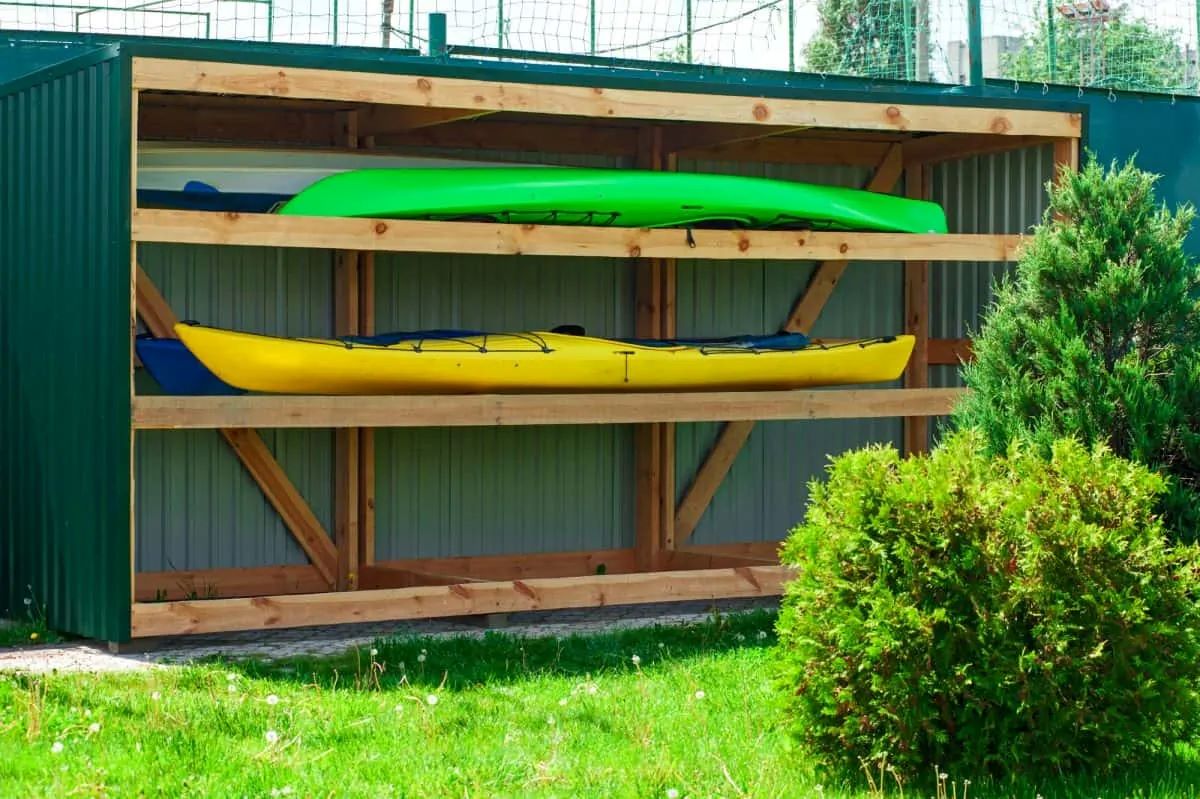
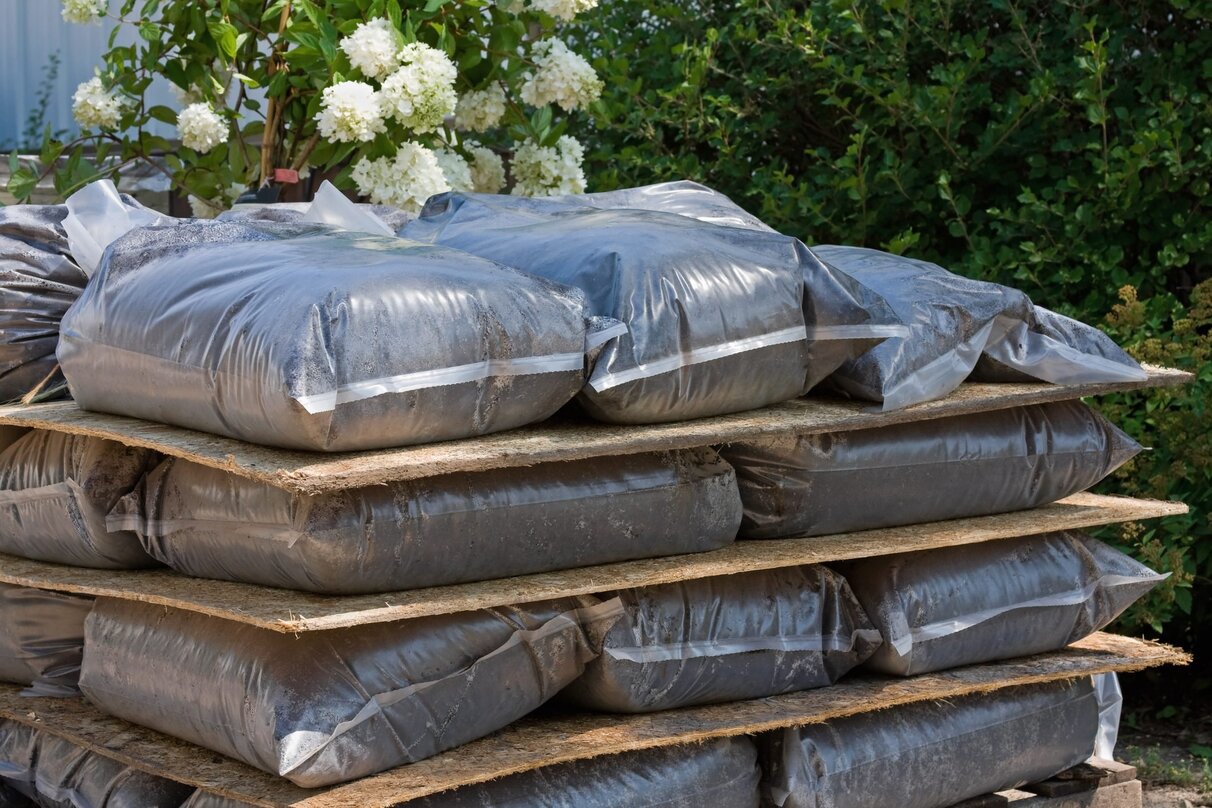
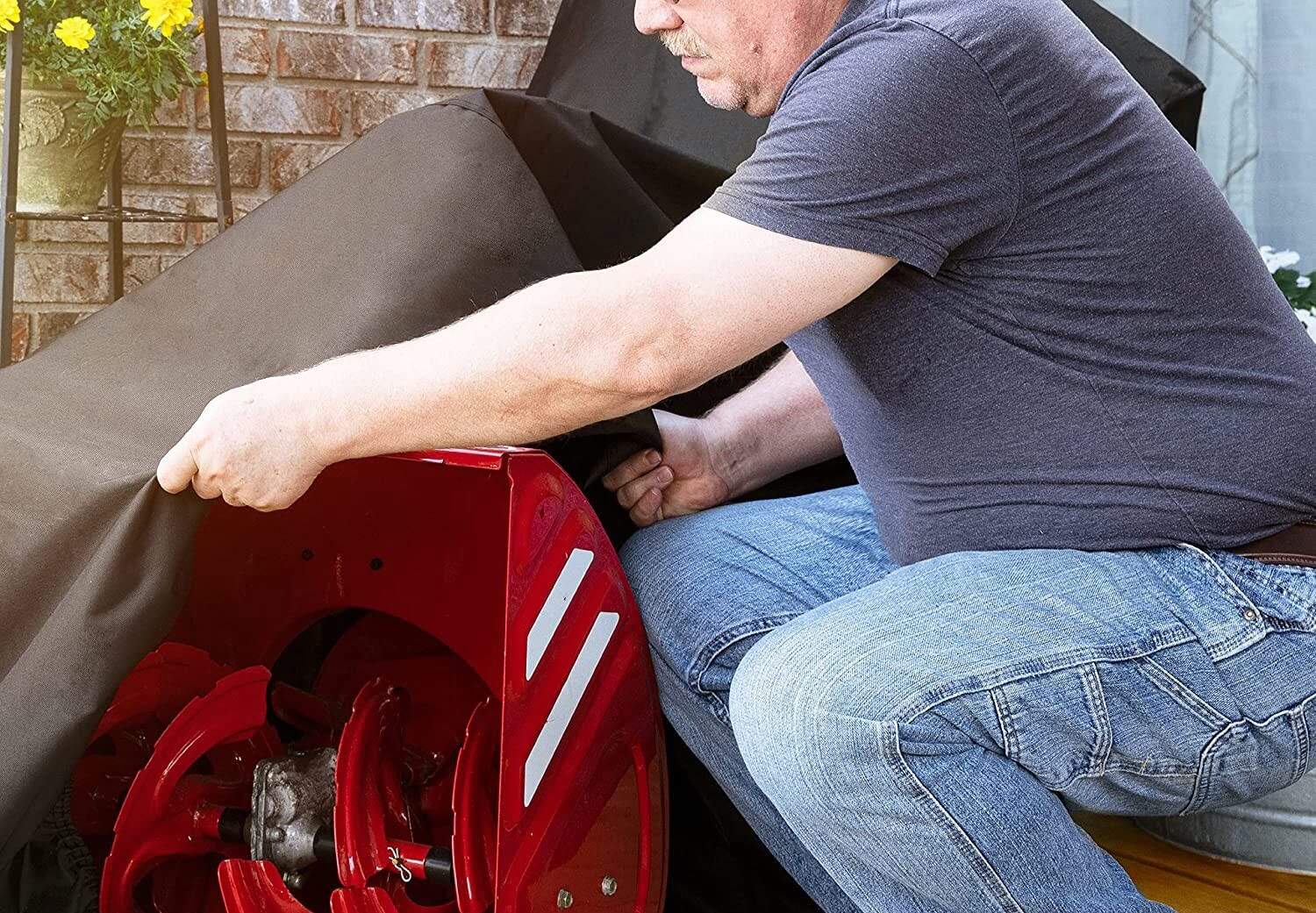
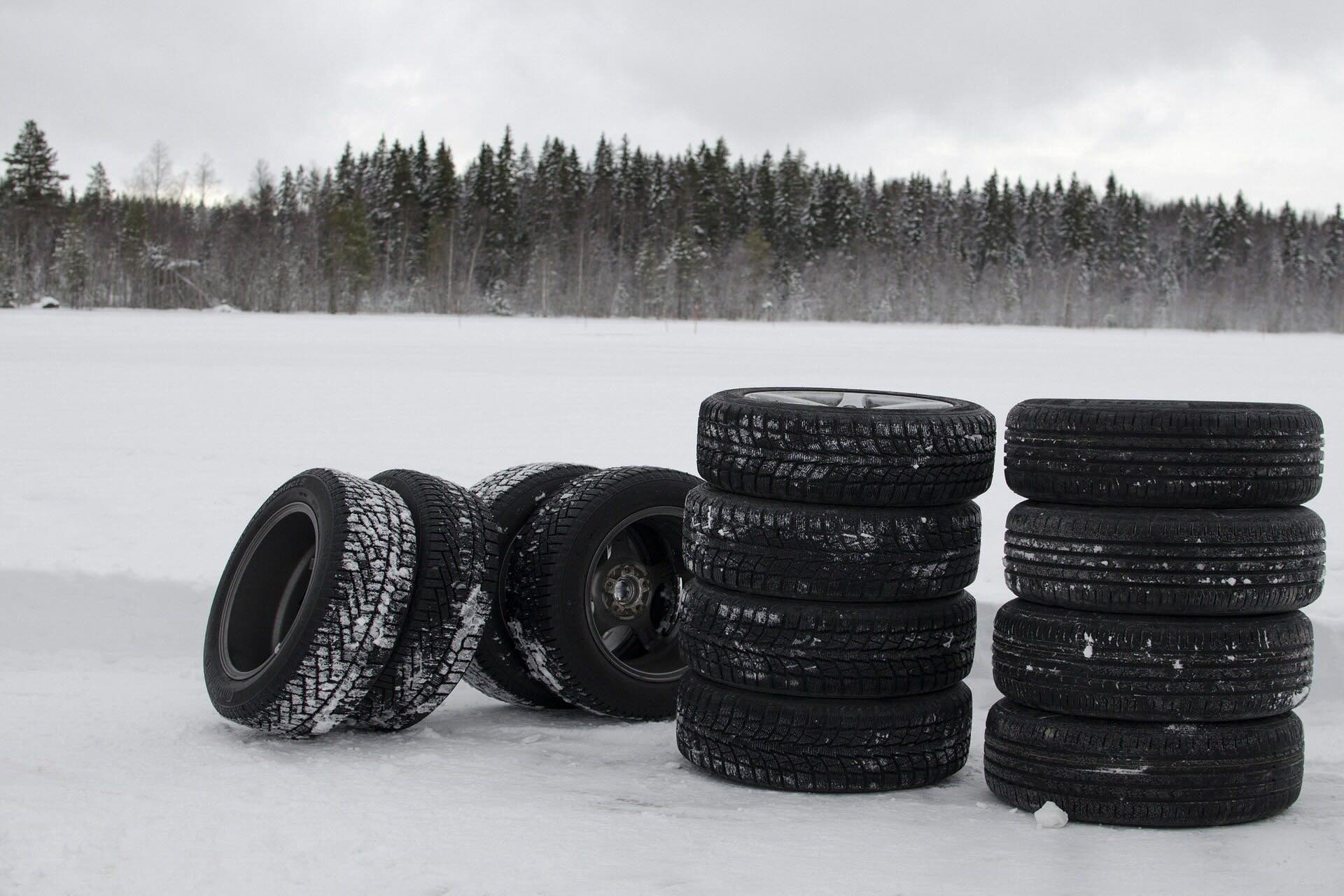

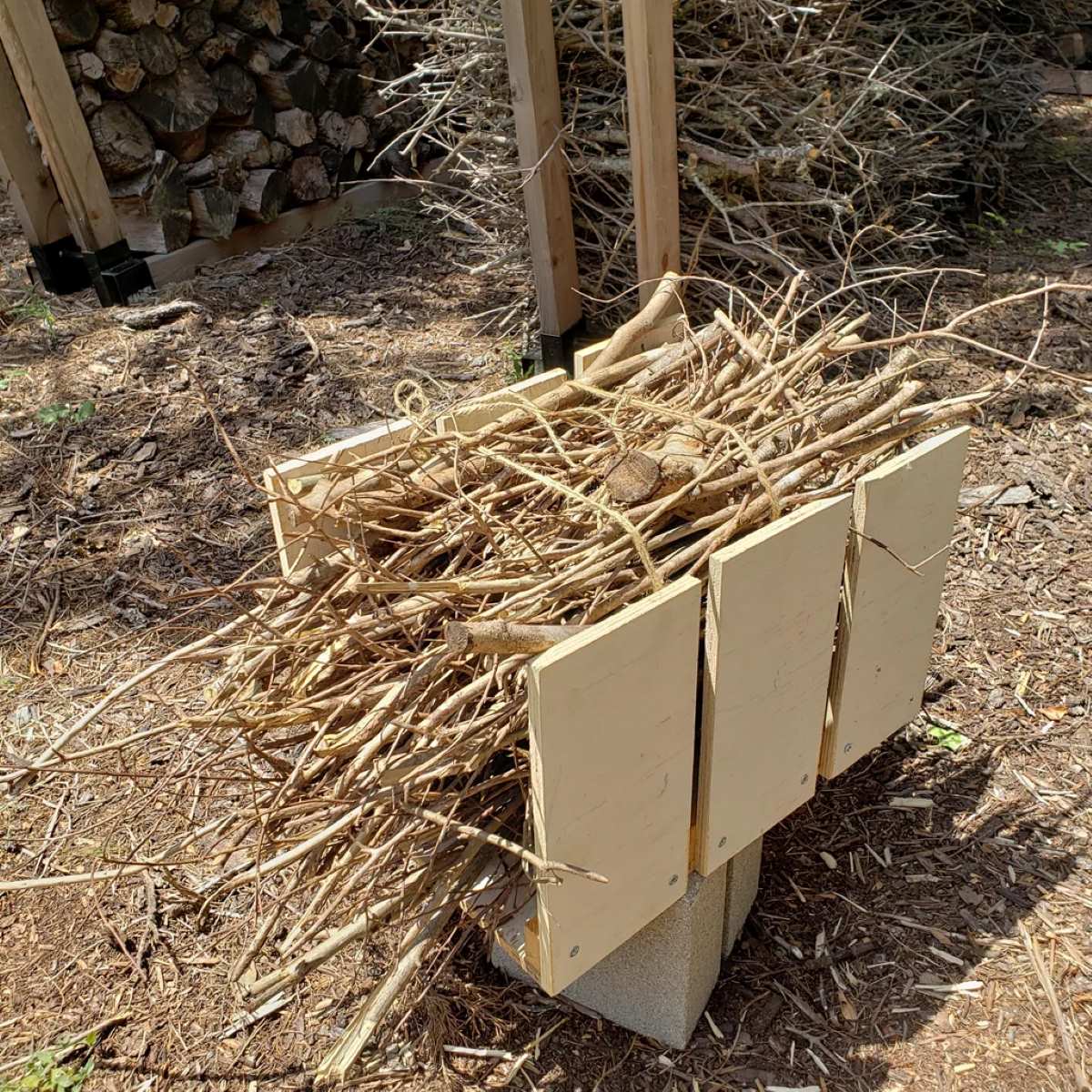
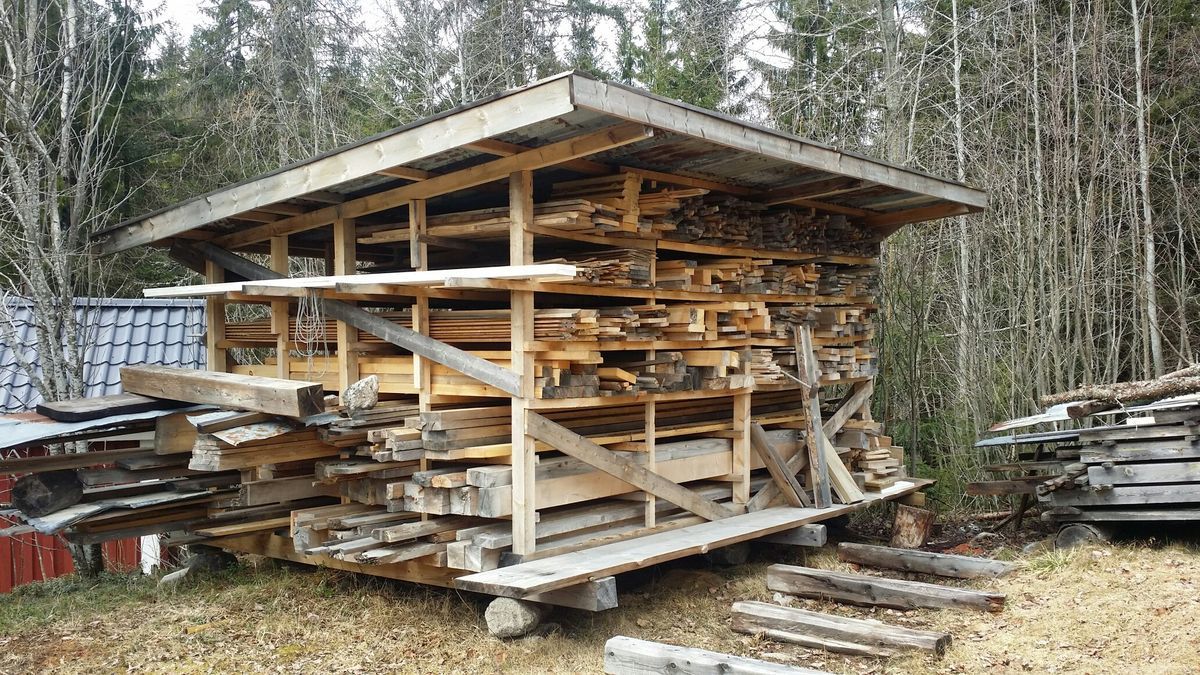

0 thoughts on “How To Store A Trailer Outside”